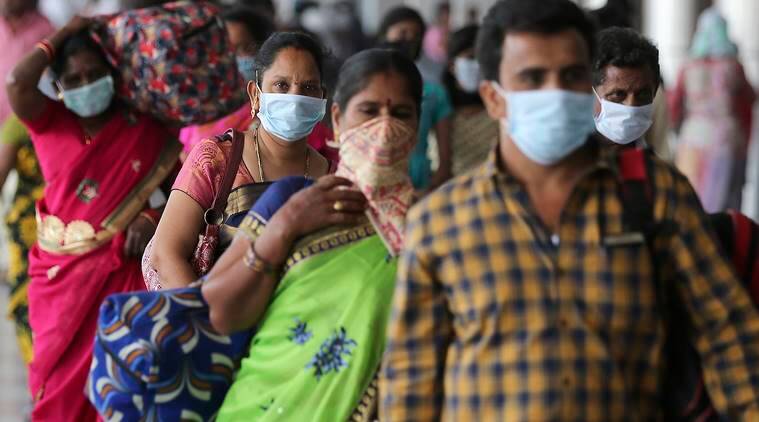By R Beena Chowdary
Earlier this year the world saw Sri Lanka, a nation-state that seemed to be a well-functioning country and an often-beloved tourist destination; completely crumble. Its fundamentally flawed policies and rampant corruption led to a decrepit economy that took the proverbial mighty fall for all the world to watch. As India saw its neighbour descend to chaos, its citizens suffering on the streets, and the nation being held hostage for all intents and purposes by the deep pockets of China; an internal dialogue also appeared necessitating an introspection of state governments and their methods of functioning.
Sri Lanka and several other nation-states that have collapsed in the past or would collapse in the future have a few common patterns. One of these glaring errors is the preference given to popularity and gimmicks rather than actual governance and administration. A leader who rules with the sole purpose of being elected again to hold on to privilege and power would inadvertently shy away from taking decisions that might be unpopular in the short run but would benefit the people and the state in the long term.
Also read: Why the three-capital model for Andhra Pradesh may not work in the current scenario
A similar sort of failing and pattern of myopic party rules have been brought to the fore. Andhra Pradesh stands tallest among the swarm of states that stand at the precipice of economic and structural ruin. Its fiscal vulnerability is red-flagged by RBI on multiple occasions, highlighting that the debt-ridden state is now also overburdened with contingent liabilities which have surpassed 5% of GSDP. Additionally, the government is reckless for not making contributions to the sinking fund over the last three years, which accounts for an upside of Rs. 3000 crore.
The primarily Telugu-speaking states of Telangana and Andhra Pradesh, have historically enjoyed a rich culture of education, legacy, and foreign remunerations. The wealth from distinct geographical terrains combined with the historical affluence of traditional rulers, and this had established the foundations of the state for progress and made rapid strides to turn the state into a knowledge economy. The fact that Telugu is the most widely spoken Indian language and that Telugu-speaking people tend to have white-collar or now even gold-collar jobs across the world is indicative of the kind of education and opportunities that the region had been provided with for so long.
However, these foundations have now started to wither away. The Andhra Pradesh that now stands before India is reeling under extreme debt, with coffers empty and negligible future prospects. The FDI inflow has plummeted by over 90% in the past 3 years which is indicative of maladministration and faulty policies. A state that is staring an energy crisis in the face, has to make weekly power cuts in the commercial sector, alongside desperate measures ranging from 50% power cuts to the industrial sector to declaring power holidays to industries.
The state at the moment cannot guarantee its survival without a help package from the Centre due to its extremely high debt to GSPD ratio which stands at 32%, while the FRBM mandate is to keep it below 20%. A crippling state is now on its way to building three capitals; an endeavour as futile and unnecessary as denying its obvious problems.
Also read: West led sanctions on Russia: The world is no longer what it once was, says expert
As Chandrababu Naidu visited the people of Kurnool earlier this week; he was greeted by massive crowds of people desperate for a saviour. The Rayalaseema region has not been traditionally favourable for Naidu; however, this time around development, opportunities for growth, and infrastructure took precedence over last names and caste for the people of the region.
The state of Andhra Pradesh stands to lose the advantage of generational wealth and education, as well as the opportunities for growth and prosperity due to the maladministration that the state faces. The economic and educational advantage that the state has earned in the past decade would potentially be squandered away if proper governance structures are not put in place. The people face not only a lack of opportunities for growth and progress but also a lack of basic necessities and services.
(The author is an independent political analyst and strategist.)
Disclaimer: Views expressed are personal and do not reflect the official position of the author’s institution or policy of Financial Express Online. Reproducing this content without permission is prohibited.


